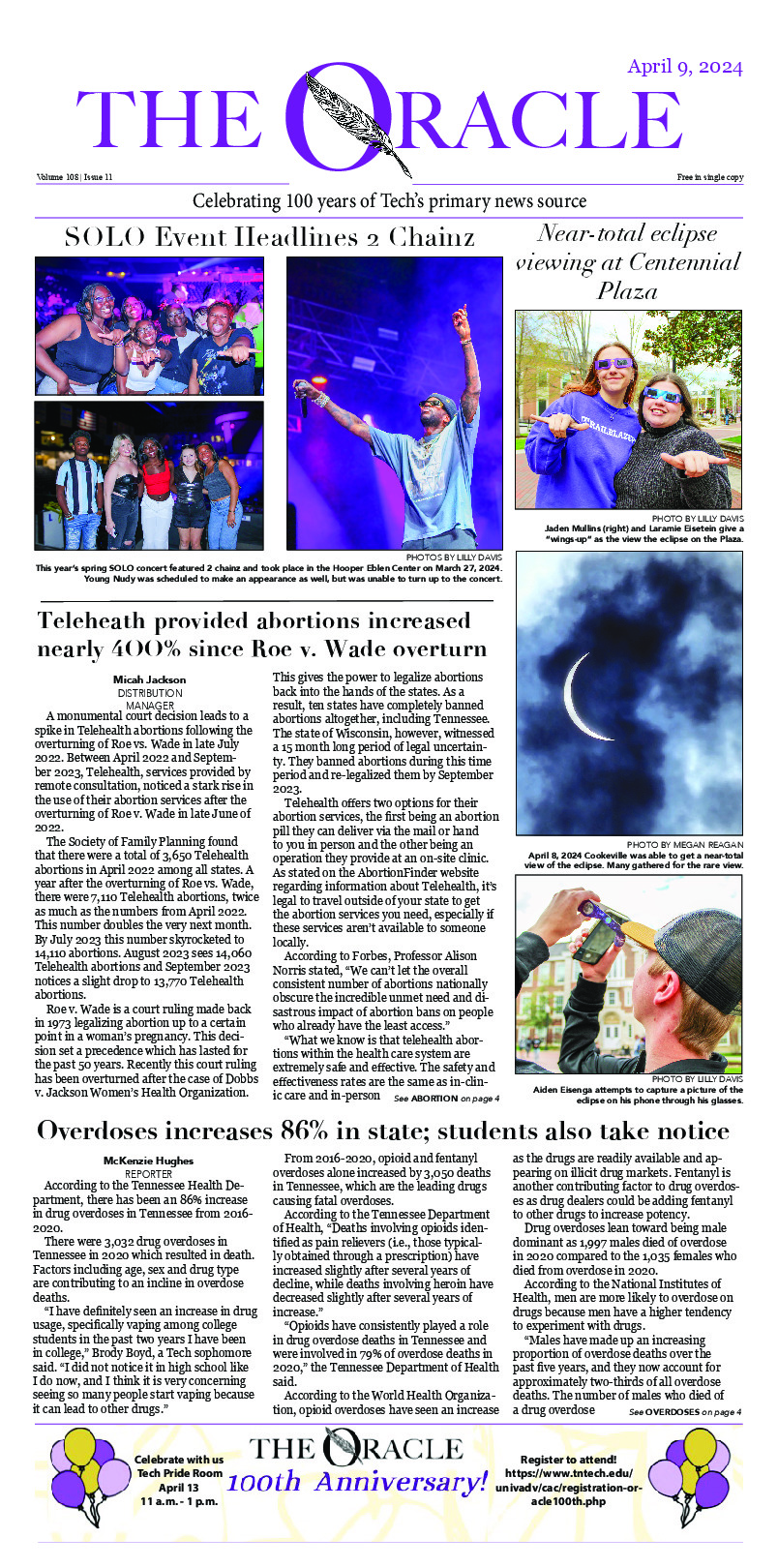
The day after winning Grammys for his single “i,” Compton based rapper Kendrick Lamar released his second single, “The Blacker the Berry.”
This track is a departure from “i” and his acclaimed 2012 album “good kid, m.A.A.d. city.” The closest Lamar has come to this sound on his last album was the final verse to “Backseat Freestyle” where he talks up his big game and gives a shoutout to his hometown of Compton. Here, Lamar raps through gritted teeth about the Trayvon Martin killing and the racism he finds still prevalent in America today.
"You hate me don’t you? You hate my people, your plan is to terminate my culture,” Lamar says in the song’s first verse.
From here the song blames society for the black-on-black violence and intolerance prevalent on the streets. In comparison to his softer, almost innocent sound from “good kid, m.A.A.d. city,” this track feels a lot heavier. Lamar mentioned violence and gang wars in the album but nothing that hits you in the ears like this.
The production gives the track a harder edge too. Where “i” and most of his last album had mellow, groovy beats with Lamar crooning into the mic, “The Blacker the Berry” has sharp snares, pulsing bass and rapper-producer Assassin singing the chorus in his native Jamaican accent. Though it is a sharp juxtaposition from his more recent work, it is still classic Lamar. The rhymes are sharp and the scheme ever changing while the flow stays tight.
The chorus is the part of the song that takes the most to get used to, however. Upon first listen, the Jamaican accent of Assassin can be a little jarring and take some getting used to, but after the second listen, it makes sense and fits into the rest of the song even though it’s not a spitfire flow like Lamar. The beat is also very simplistic and though it helps make the song sound more powerful and make its message clearer, its sharp tone makes it rougher around the edges than his previous work.
Though this is a very racially charged song, it displays some of Lamar’s hungriest sounding lyrics and production to date. If this and “i” are the kinds of tracks we can come to expect from Lamar’s yet-untitled third album, it might just rival “good kid, m.A.A.d city” as one of the best hip-hop albums of the second decade of the 2000s.


